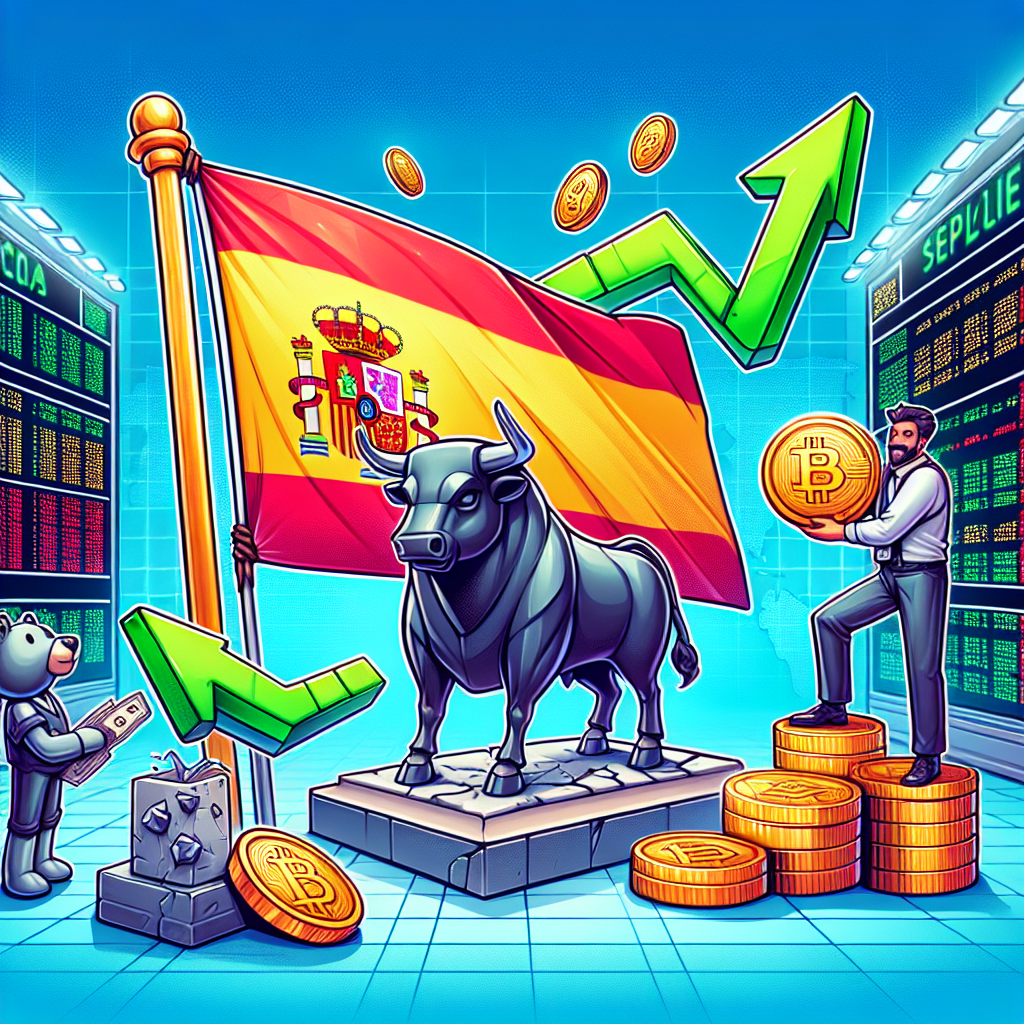Tag: Spain
The Spanish National Securities Market Commission (CNMV) has granted the first license to tokenize securities in the country. ...
Spain’s real estate market has seen a massive surge in the utilization of cryptocurrencies for transactions. This trend ...





